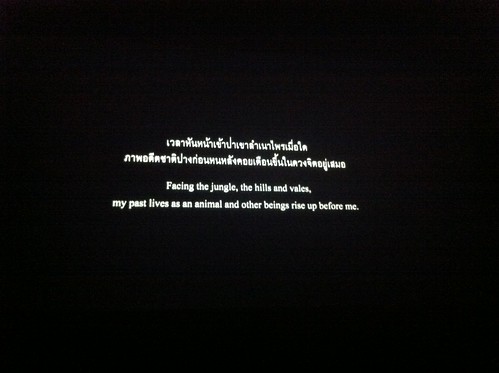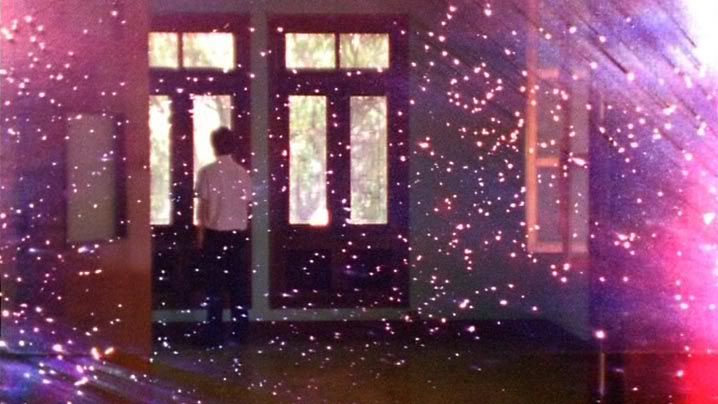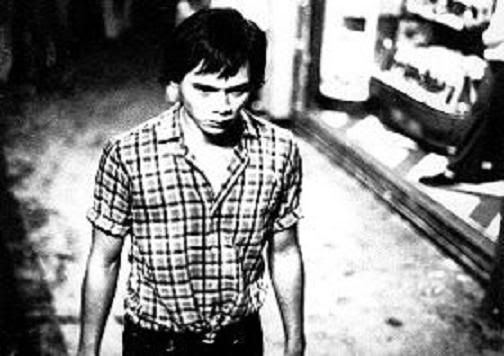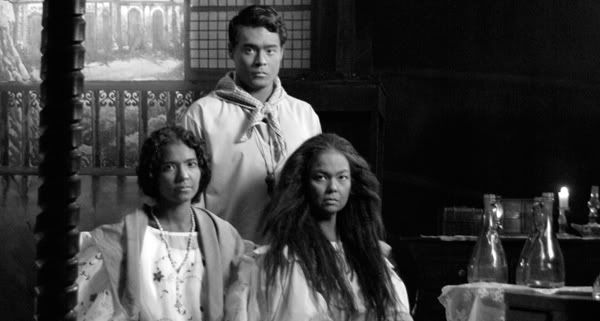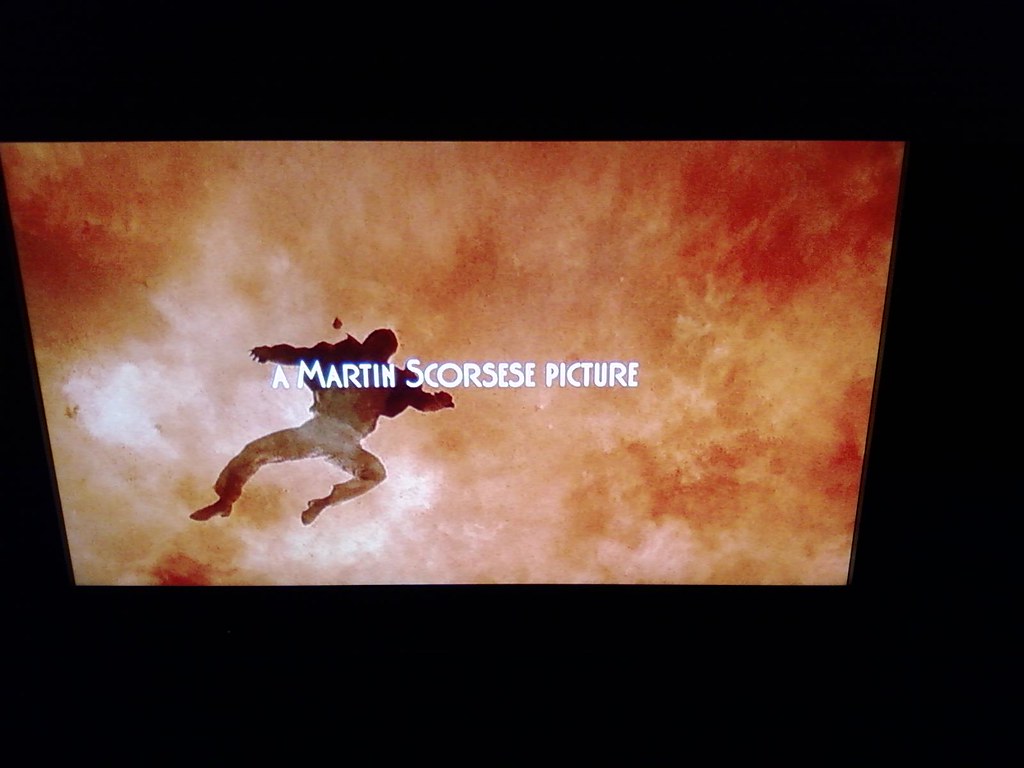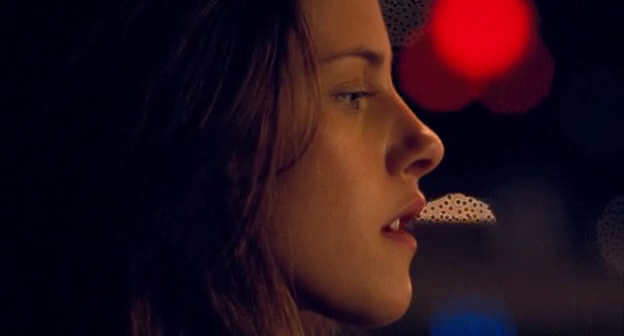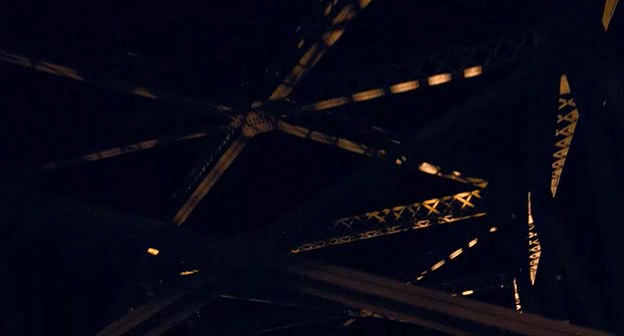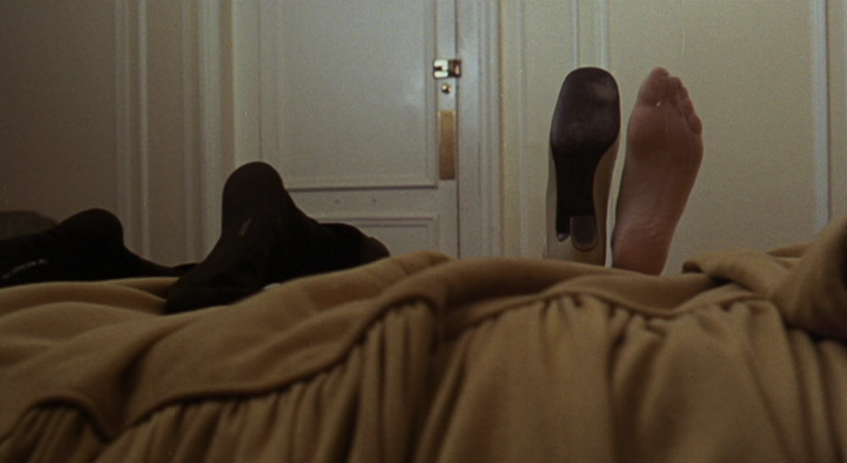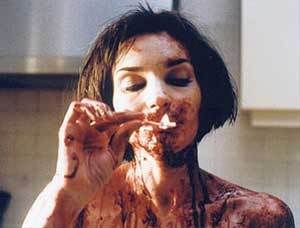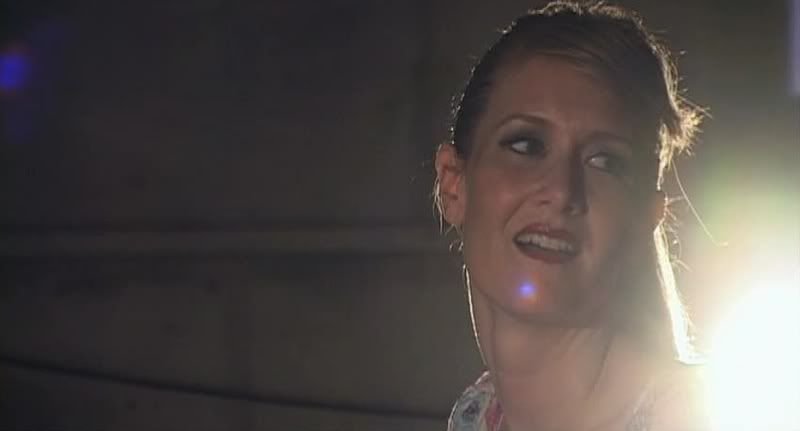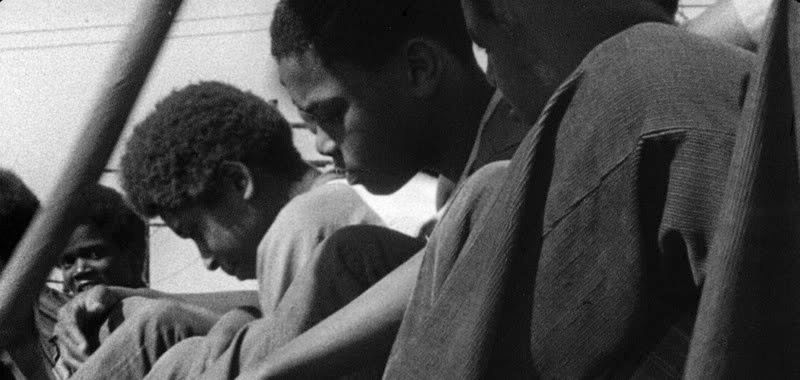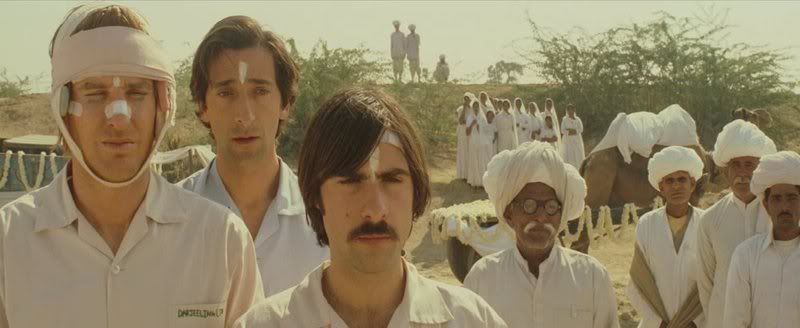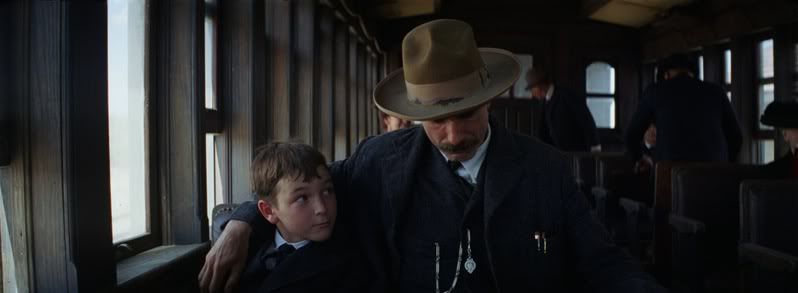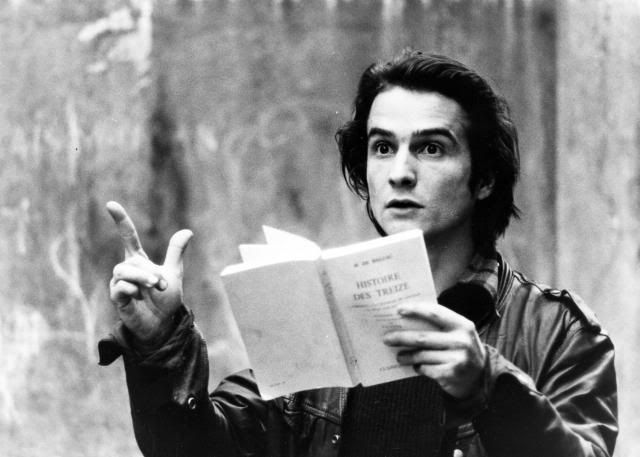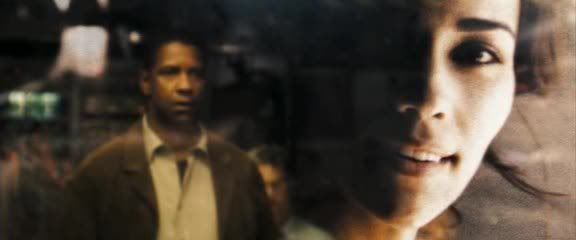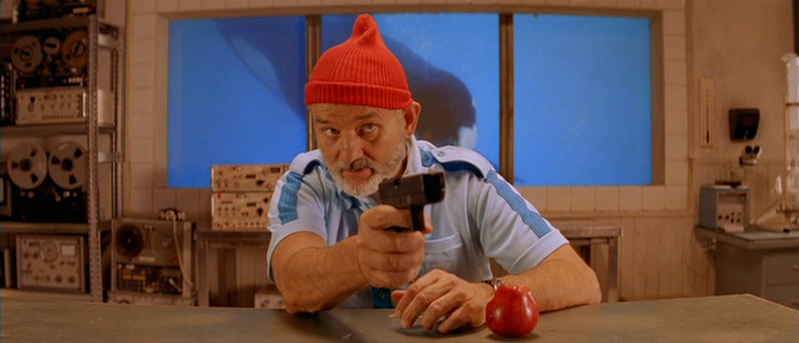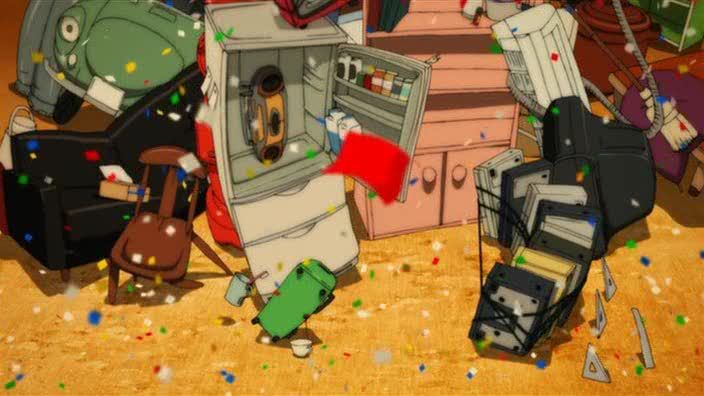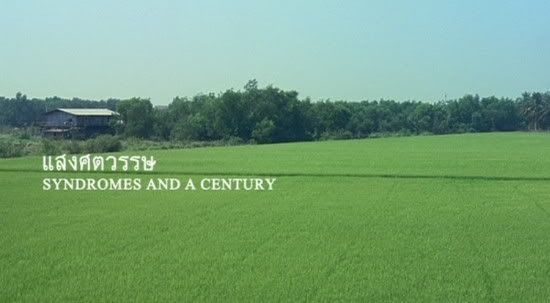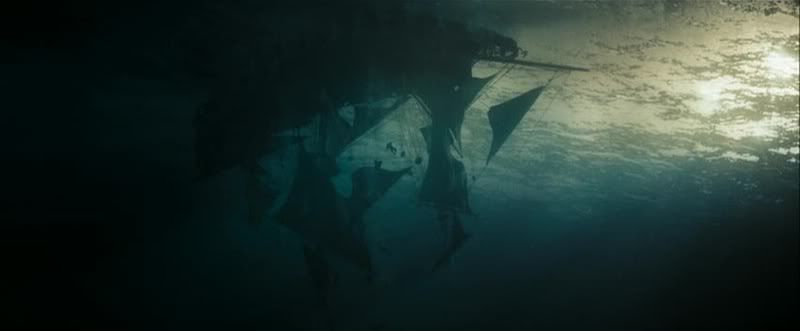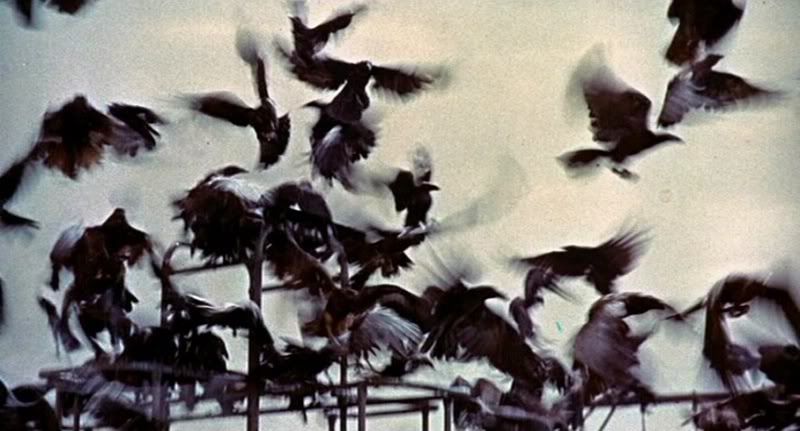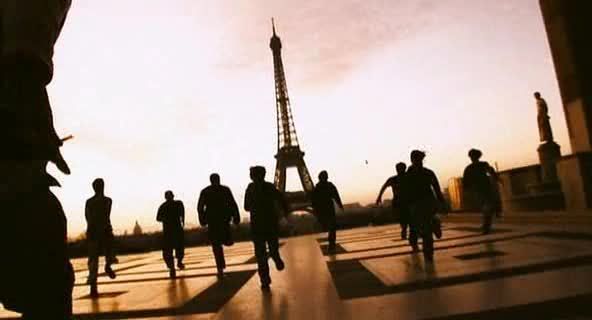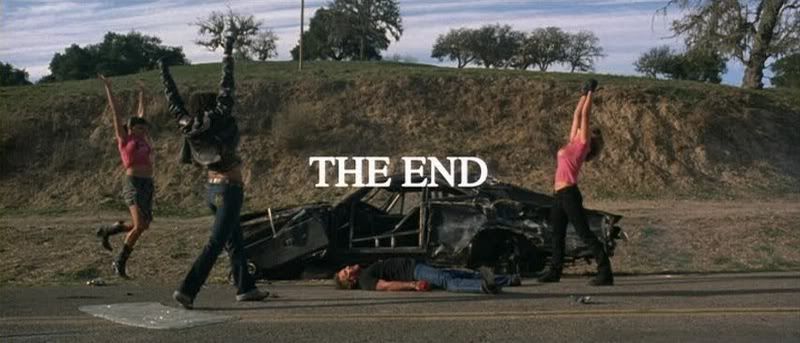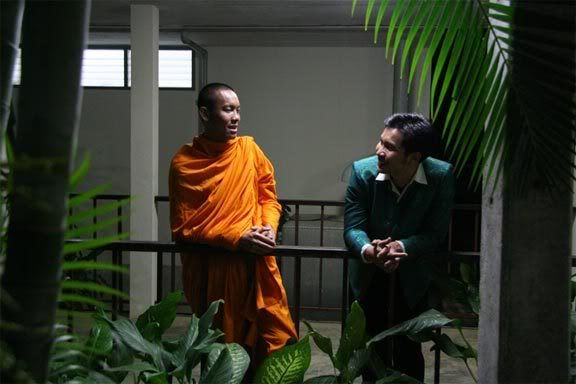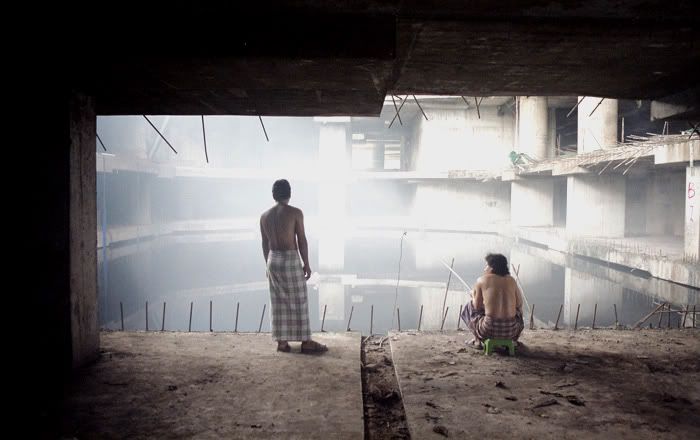BANG BANG: Brian Darr
[BANG BANG is our week-long look back at 20!!, or "Twenty-bang-bang," or 2011, with contributions from all over aiming to cover all sorts of enthusiasms from film to music to words and beyond.]
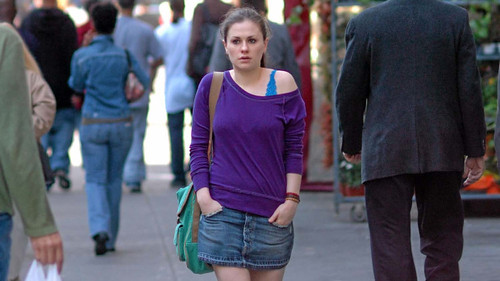
5 x 5 by Brian Darr
2011 was a year filled with terrible and wonderful things for me. When it comes to film-watching, there was plenty that fell into the "wonderful" category. My relationship with the cinema, and especially the "new" cinema, is constantly changing, and finding a way to put together a coherent top ten list encapsulation was more of a struggle for me than ever this year. So in true obsessive fashion, I've made a "modular" top ten, exploiting various quirks of eligibility that diehard list-watchers and -makers may recognize, but that everyone else can just read as an excuse for a nice round top 25.

Five magnificent films that had a week-long "commercial" release in San Francisco in 2011. Definitely on my top ten list, no matter how you slice it.
- Margaret (Kenneth Lonergan, 2011) From the beautifully slo-mo opening sequence of Manhattanites in ritualized motion, reminiscent of James Benning's early collaborations with Bette Gordon, I suspected I was seeing something special. Drying my eyes during the closing credits, I knew for sure that I had. "You will weep and know why." If you've heard of this sprawling, 150-minute character drama about a teenager (Anna Paquin) struggling with every emotion under the sun in the wake of a traffic accident, you've probably also heard how it was given short shrift by a studio contractually obliged to release it but seemingly determined to take a loss on it. Though frustrations of the legal system is a sub-theme of the movie, (as are poetry, post-9/11 stress, burgeoning sexuality, opera, and a million other concerns) it's a shame that the story of Margaret's belated and shoddy distribution has overshadowed all other discussions about the film. To be expected when prints disappear from theatres after a week or two, and perhaps reversible now that the film is re-opening at a Greenwich Village theatre today; I hope a Frisco Bay venue tries the same gambit soon.
- Uncle Boonmee Who Can Recall His Part Lives (Apichatpong Weerasethakul, 2010) Into the cave.
- The Tree of Life (Terence Malick, 2011) Into the light. Multiple viewings and much ruminating have made its evident flaws insignificant in the face of its visionary design.
- A Dangerous Method (David Cronenberg, 2011) Keira Knightley's polarizing performance in this impeccably composed, perfectly Cronenbergian film, led my way to a new understanding of my long-least favorite genre: the biopic. Historical figures perform specific functions for modern humans; why not allow actors to embody these functions by acting them out on screen?
- Certified Copy (Abbas Kiarostami, 2010) It's a bit strange that the San Francisco Film Critics Circle picked a largely English-language film for their 2011 Foreign Language Film award. I'll approve and attribute it to the masterful illusionism practiced by its Iranian director, its French star (Juliette Binoche), and the Tuscan countryside setting. All three create a mesmerizing surface beneath which there is even more to see, and contemplate. English-language films just don't do that, do they? Except for the exceptions.
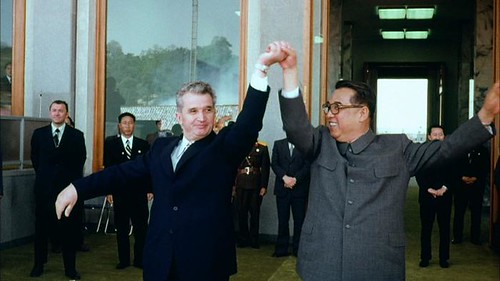
Five superb films I saw in 2011 that screened in San Francisco for the first time this year. All had so-called "commercial" releases except the first one listed; it played for a week in New York but had only a handful of screenings at the San Francisco International Film Festival here.
- The Autobiography of Nicolae Ceaucescu (Andrei Ujica, 2010) "Look in my eyes; what do you see?...I'm the smiling face on your TV..." The past months have seen the final days of two of the world's most reviled dictators. We can hope, but not really expect, that they won't be replaced by others equally heinous somewhere in the world. But how often does tyranny conform to the images we expect from it? Such a question is at the center of this three-hour compilation of naked newsreel footage taken from the archives of the 1965-1989 Romanian leader's personal photographers. Kim Jong-il's father Kim Il-sung makes an astonishing cameo appearance.
- The Time That Remains (Elia Suleiman, 2009) Palestinian director Suleiman applies the darkly absurdist, somewhat Tati-esque style he perfected in his previous film Divine Intervention to even more overtly autobiographical material. If its predecessor is any indication, it should only grow in my estimation with repeated viewings in the coming years.
- The Arbor (Clio Barnard, 2010) A strange and remarkable work. The documentary tradition in theatre is long but little-known, so bringing some of its techniques for merging non-fiction material with acted performance into a cinematic sphere feels like a real breath of fresh air. It's particularly inspired in the service of its subject: the life and legacy of Yorkshire playwright Andrea Dunbar.
- The Skin I Live In (Pedro Almodovar, 2011) I run hot and cold on Pedro's filmography, and had even skipped Broken Embraces after being disappointed by his previous two features. I'm back on board. Here, he forays into horror and science fiction without upsetting his delicate balance of telenovelistic melodrama and cinematic spectacle. To hint at why this film is something only Almodovar might have devised is to give too much of its plot away. I'll just say that maybe Bad Education could've been improved with a hint of Karl Freund's 1935 Mad Love in it.
- Inni (Vincent Morisset, 2011) Is this monochromatic, visually experimental shadow box a new way forward for the concert film? If you prefer imagining the Icelandic band's sustains ricocheting against the back of a darkened concert hall rather than off beautiful mountains and lakes (as in 2007's Heima), then this is the Sigur Rós movie for you.
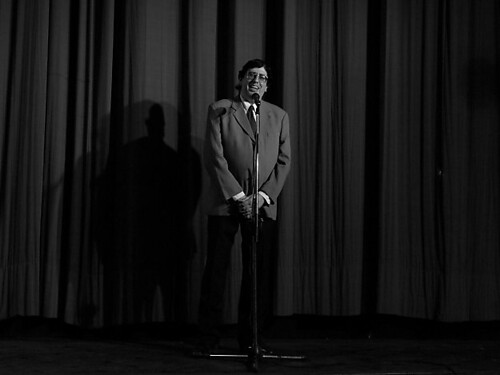
Five beautiful films which I didn't see in 2011, but which were first publicly screened in San Francisco this year and were a big part of my conversations about cinema. Having seen them in 2010, I wish I'd made time to see them again when they played in local cinemas in 2011.
- A Useful Life (Federico Veiroj, 2010) I never had to see a Uruguayan film before this one to fall in love with this neorealist-goes-expressionist oratorio for that tiny country's cinema culture and one average man's place in it. And out of it.
- The Mysteries of Lisbon (Raul Ruiz, 2010) A fitting swan song for one of the most mysterious filmmakers I know. The impossible-to-peg Chilean died in August but not before gracing us with a beautiful, sprawling adaptation of a novel by 19th-century Romantic Camilo Castelo Branco. (No, I hadn't heard of hm before either.) Dig those digital split diopter shots!
- Another Year (Mike Leigh, 2010) The British misanthrope-or-is-he's most Ozu-esque film to date.
- Meek's Cutoff (Kelly Reichardt, 2010) One of the American filmmakers best at portraying the so-called "outsiders" (or should I say the 99%?) of our modern society points her camera into history, showing us the stratifications found among a small community of pioneers heading West circa 1845.
- Essential Killing (Jerzy Skolimowski, 2010) Just as exciting as The Fugitive except far more ambiguous and ambivalent about its moral position. Pure cinema.
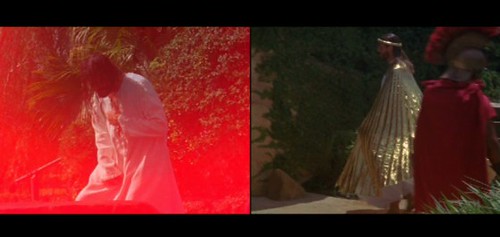
Five terrific films that I saw at San Francisco festivals or other alternative venues in 2011, that have yet to secure "commercial" distribution in this country, as far as I am aware. In alphabetical, not preferential, order.
- 28.IV.81 (Descending Figures) (Christopher Harris, 2011) A brightly-colored dual-projector comedy set amidst a Florida amusement park passion play where baseball caps mingle with Centurion helmets.
- Chantrapas (Otar Iosseliani, 2010) Films about filmmaking are cinephile catnip, right? Well, this certainly trumps The Artist as an authentically moving tribute to a vanished mode of production left behind for a new life and search for meaning.
- Disorder (Weikai Huang, 2009) Around Guangzhao in an hour. Dizzying in design, execution, imagery, editing style, and political audaciousness. Truly the closest thing to Dziga Vertov's vision for his kinoks the 21st Century has seen thus far in a single work.
- HaHaHa (Hong Sangsoo, 2010) One of the funniest and most thought-provoking films from one of my favorite working directors. Need I say more?
- Lethe (Lewis Klahr, 2009) Klahr's collage films can provide a closer look at vintage comic book art than even the most finicky collector is likely to take unless scrutinizing that line between "very fine" and "near mint". We see the visual DNA of colors and shading magnified, and at the same time we read between the panels, guided by the filmmaker's temporal and spatial dislocations. The standout of a strong set of new-ish work Klahr brought for local premieres this year, Lethe is a remix of a 1960s Doctor Solar story that becomes a noirish drama set to Gustav Mahler.
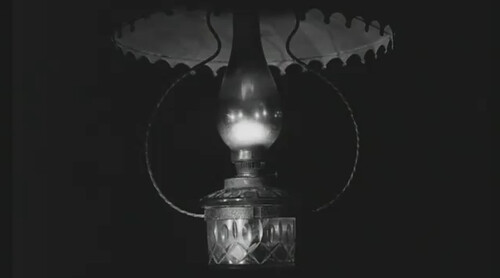
Five amazing films I saw in 2011 that have yet to screen publicly anywhere in San Francisco. In alphabetical, not preferential, order.
- Almayer's Folly (Chantal Akerman, 2011) Entrancingly old-fashioned adaptation of Joseph Conrad's first novel, transposed to stuck-in-time Cambodia.
- the Day He Arrives (Hong Sangsoo, 2011) Is Hong's return to black-and-white cinematography, eleven years and as many films after Virgin Stripped Bare By Her Bachelors, a sign that we should question the veracity of every scene, but this time around without a bifurcated structure to help guide us?
- Ghost Dance (Mark Wilson, 2009) Named for the call to apocalyptic change performed by the Modoc (as beautifully described in Rebecca Solnit's book River of Shadows), this brief, but spectacularly ever-expanding animation recalls Eadweard Muybridge's own technological call for for a paradigm shift.
- Longhorn Tremelo (Scott Stark, 2010) Begins and ends as a study of black shadows against mobile fields, but goes through a dazzling array of burnt-orange-and-white permutations in between. A version is viewable on vimeo, but I'd love to be able to see the full two-projector version somehow.
- The Turin Horse (Bela Tarr, 2011) A Nietzche-inspired tour-de-force from one of the most forceful visions around.

____________________________
Brian Darr lives in San Francisco, where he watches movies, though he's been known to travel for cinema as well. He blogs here and twitters here.

